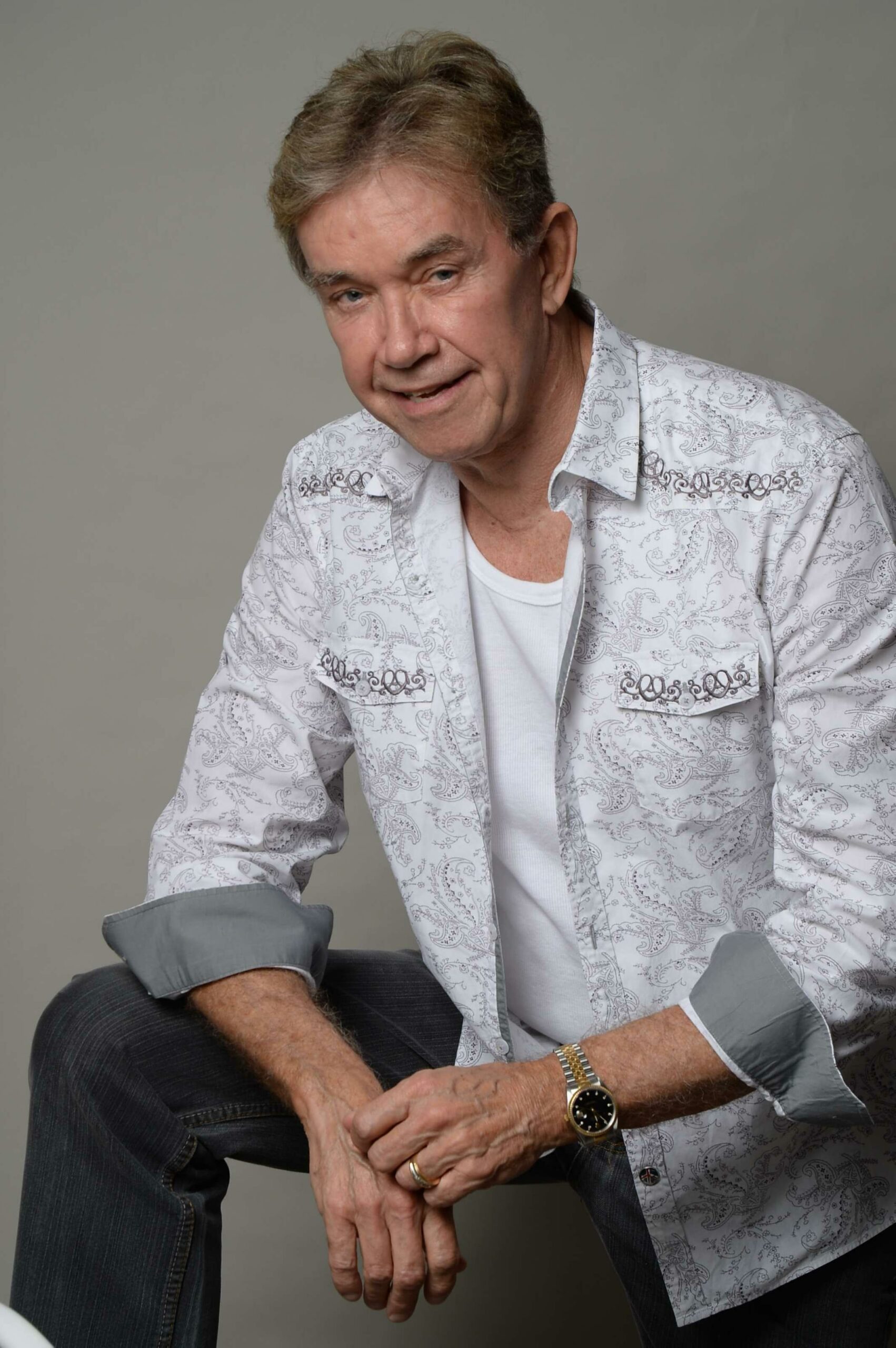Features
Canadian Music Week: ‘There’s A Lot Of Business Happening Here’
Pollstar spoke to Neill Dixon, founder and president of
 – Neil Dixon – Canadian Music Week
– Neil Dixon – Canadian Music Week Canadian Music Week has come a long way since its inception in 1983. It was launched as The Record Conference by Dixon and David Farrell, who owned the eponymous radio tip sheet The Record.
“The purpose of this magazine was to introduce radio stations and program directors to new music. So it followed that we would continue to work with the record labels and showcase new music to attract program directors,” Dixon recalls.
Some eight to nine years later, Dixon bought his business partner’s shares out and changed the name to Canadian Music Week, adding a festival to the conference.
“It started very small. Now, the festival runs for six days in 35 different venues of various sizes. It’s an indoor festival taking place in everything from clubs to theaters to arenas like the 16,000-capacity
There was close to 3,000 delegates last year, the number of bands playing this year will be close to 600.”
Bands from anywhere in the world can apply to play CMW. While around 60 percent to 70 percent of acts are usually from Canada, “we don’t put a quota on any territory or country. It’s chosen by merit and what we think may be commercially successful here in Canada,” Dixon explained.
CMW put a spotlight on different countries each year. In 2017, it’s France, which comes in handy, as Canada has a large francophone population, including acts that sing in French.
“It’s a great opportunity to be playing in front of buyers that represent the francophone world,” Dixon said. The presence of international live entertainment professionals is where CMW plays to its strengths.
“We encourage them to go out and sample as much new music as they can,” he said. “We also have a thing called the festival network, where about 50 festivals come in from different parts of the world to discover new music. The artist representatives, whether it’s a manager or an agent, or even a band-leader, they get a chance to meet with these festival programmers and invite them out to their shows. There’s a lot of business happening here.”
All genres apart from classical and children’s music are represented at CMW.
As Dixon explains, “Canada is very multicultural. A lot of the music is obviously influenced a lot by the U.S. media, but it is also influenced by the number of immigrants and people here that bring their traditional music and meld it with what’s going on here and come up with something totally new. So it’s quite a diverse musical landscape if you will.
“We punch above our weight as far as our population is concerned: only 35 million people live in Canada, but at the Grammys and iHeart Radio Awards Canada is well represented, which is pretty amazing.”
Canada is envied by a lot of other countries for its government’s commitment to the arts both on a federal and provincial level. That and a number of longstanding sponsors make CMW possible in the first place.
To put it straight, “doing a showcase festival is a tough way to go. Most festivals buy the biggest acts you can find, put them in a field and try and get as many people in there that will pay to see it. But our acts are there to be discovered.”
For Dixon, a perfect day at CMW includes being inspired by as many of the conference sessions as possible. He expects around 400 speakers at this year’s edition, including UK agent
This year’s inductees into CMW’s hall of fame include
In other words: “There’s some tough decisions to make about where you’re going to be and what you’re going to do.”
There has traditionally been a strong complement of UK bands playing at CMW.
So far, Brexit hasn’t had any impact on business or the number of acts coming over in 2017.
According to Dixon, “bands are pretty industrious, so they’ll find ways of getting where they want to go. When times are tough people still like good music. That’s something that never changes, and I don’t think that’s affected by the ups and downs of the financial world as much as other businesses are.”
Dixon and his core team of about a dozen people – which grows to some 300 including external contractors and volunteers in the run-up and during CMW – are currently in beast mode working toward the 35th edition. The event’s founder believes that people who haven’t been yet “are going to be surprised by the quality and depth of learning, and the exposure to senior people of the music business worldwide.”
Delegates making their way to Toronto should visit almost 125-year-old Massey Hall, a regular winner at CMW’s industry awards in the venue capacity of 3,000 and smaller.
Dixon: “That is certainly a fantastic venue, kind of a small